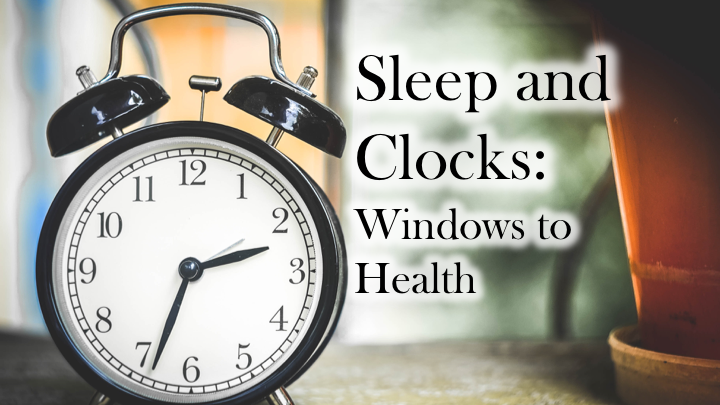
Most of us know what it feels like after a long night with little or no sleep, but do we know the wide-reaching effects such nights can have on our health? Continue reading “Sleep and Clocks: Windows to Health”
Heath & Wellness (HW) Series includes programs that present current and emerging public health concerns by introducing the latest research advances in medical science, disease prevention and physical and mental health.
Previous HW events have covered cancer, aging, addiction, Alzheimer’s disease, human microbiome, and dietary supplements.
Distinguished speakers have included Frank Giles, M.D., Chief of Oncology at the Lurie Children’s Hospital; Jack A. Gilbert, Ph.D., Director of the Microbiome Center and a Professor of Surgery at the University of Chicago, Group Leader for Microbial Ecology at Argonne National Laboratory, Associate Director of the Institute of Genomic and Systems Biology, Research Associate at the Field Museum of Natural History, and Senior Scientist at the Marine Biological Laboratory; T. Celeste Napier, Ph.D., Professor in the Departments of Pharmacology and Psychiatry at Rush University Medical Center, and is the Director for the Center for Compulsive Behavior and Addiction at Rush University.

Most of us know what it feels like after a long night with little or no sleep, but do we know the wide-reaching effects such nights can have on our health? Continue reading “Sleep and Clocks: Windows to Health”
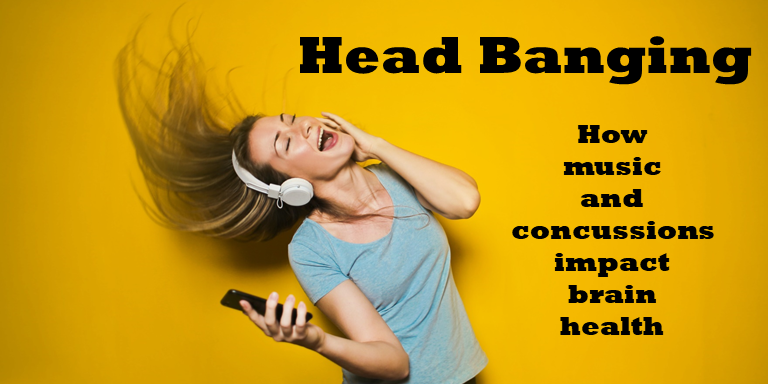
How do our experiences, such as learning how to play music and playing sports, affect our brain? Although we are surrounded by sound all of the time, we rarely give much thought to this invisible yet powerful companion. Continue reading “Head Banging: How Music and Concussions Impact Brain Health”
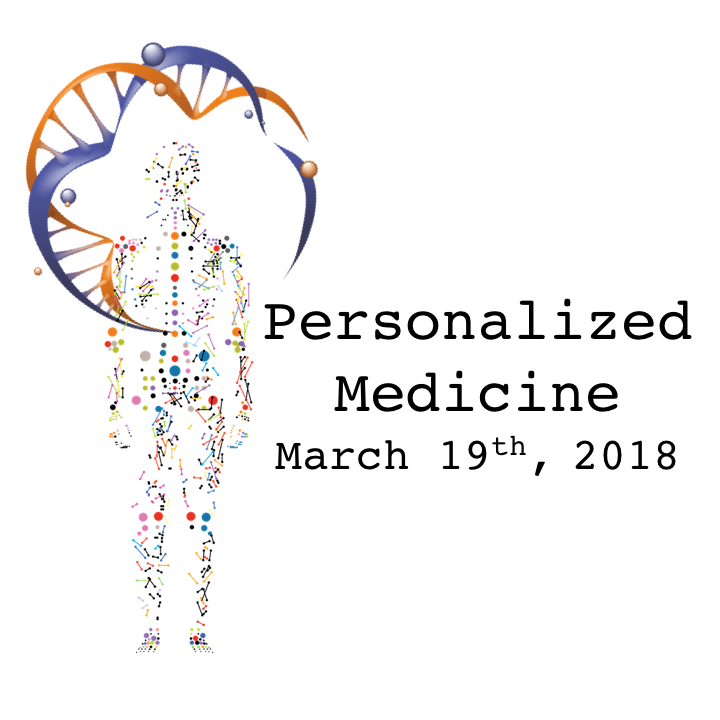
One size does not fit all!
How can knowing your genetic code help you? Genetic conditions, ones you are born with or are predisposed to, affect people of all ages, race, and gender. The treatment for these conditions are not so universal and recent research shows that patient-specific treatment can produce a better response and reduce the risk of side effects. Knowing what diseases you’re predisposed to can even allow you to take preventive actions to drastically decrease your chances of getting the disease. Continue reading “Personalized Medicine”
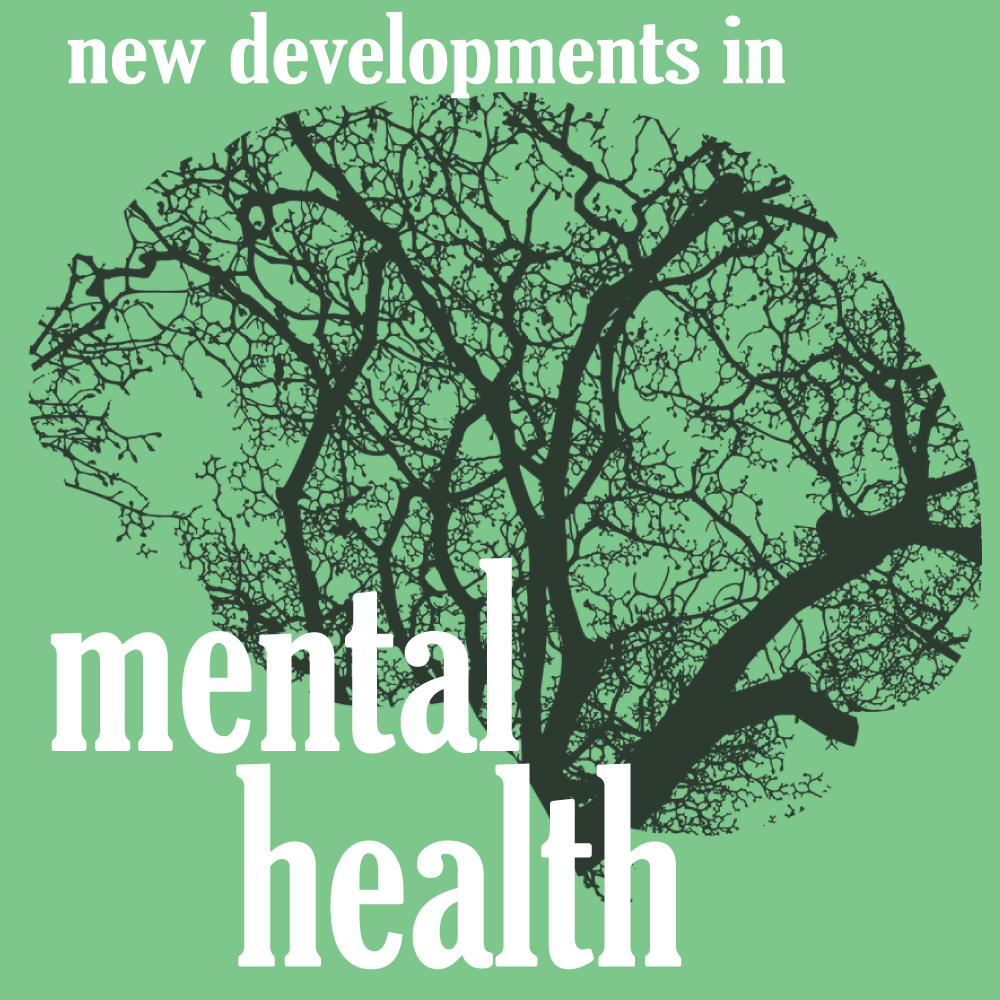
Our understanding of how to treat mental illnesses, and what can contribute to developing mental health problems, is constantly evolving. On September 26th, 2017 we will look at some of the current factors at play in the world today — from the role social media plays in our lives, especially the lives of children and teenagers, to identifying those among us most vulnerable or at-risk of developing mental health issues. Continue reading “New Developments in Mental Health”

A healthy athlete dies of complications from heatstroke during training. The medical examiner finds a legal botanical dietary supplement played a “significant role” in the death. How are regulatory agencies able to respond? What are dietary supplements and how are they regulated in the United States? How do I find information about dietary supplements I want to take? Continue reading “Dietary Supplements: Stories of Regulation, Safety, and Evidence”
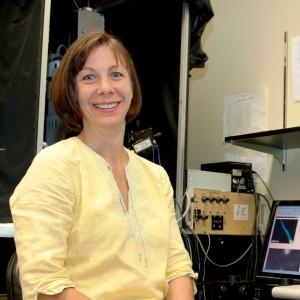
According to popular media, there seems to be a new cure/treatment/fad for Alzheimer’s disease (AD) every few months. But sadly, the number of patients keeps rising, as does the fear and desperation of family, friends, and those at risk.
Continue reading “Why in the World Haven’t We Cured Alzheimer’s by Now?”